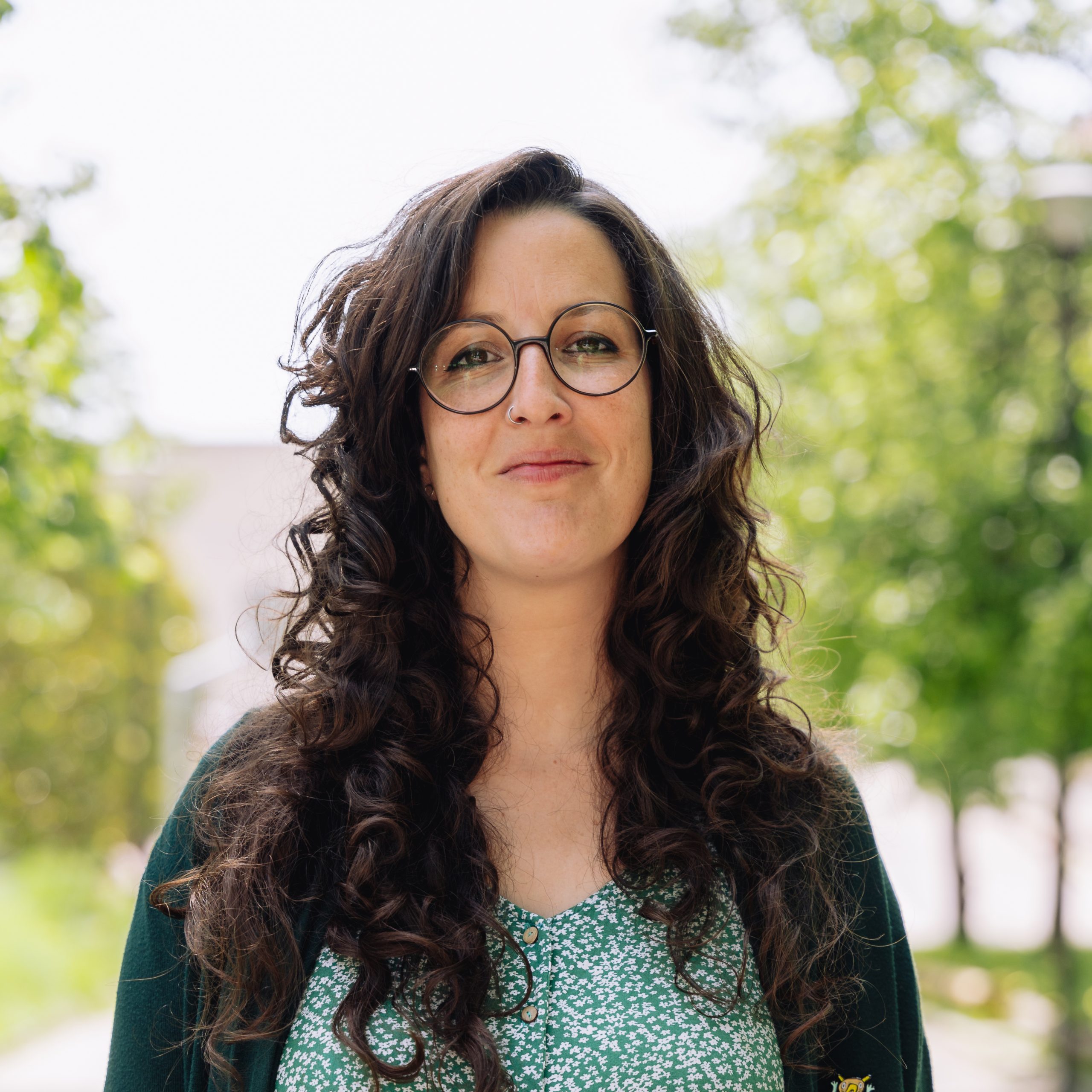CREAF opens to postdocs from any center a special course to develop competitive MSCA proposals
Starting with a good scientific idea is not enough. Preparing a proposal to apply for the Marie Skłodowska-Curie Actions (MSCA) scientific grants involves entering a highly demanding process, aimed at the European Union's benchmark program in postdoctoral and doctoral research. A program with an evocative name and linked to Horizon Europe, which is the European Commission's action that wants to “ensure Europe's long-term scientific competitiveness”. Considering the high competition and new eligibility and evaluation criteria, writing a successful MSCA proposal is a real challenge.
The training workshop will be held on June 18 and 19, 2024 and registration is required and is open until June 11, 2024. CREAF has to be the host institution of the proposal to be presented.
To contribute to the success of the proposals and to promote benchmark research, CREAF is offering a special course open to postdocs from any institution who wish to submit an MSCA-PF proposal this year with CREAF itself as the host institution. These are two online training sessions, taking place on June 18 and 19, 2024, for which prior registration is required until june 11, 2024. The workshop 'How to Design and Write in Marie Skłodowska-Curie Postdoctoral Fellowship Proposal' is given by Lotte Jaspers, from Yellow Research, a Netherlands-based consultancy specializing in working high-level research proposals into successful international research projects. And, therefore, they identify and develop the factors that make a scientific proposal suitable for an international research project.
"We want to equip researchers with the necessary skills to craft competitive proposals, reducing common errors and increasing the likelihood of securing funding to support their career development", explains Teresa Rosas, in charge of Talent and Gender at CREAF. The special workshop is part of CREAF's internal Watering Talents cycle.

"We want to equip researchers with the necessary skills to craft competitive proposals, reducing common errors and increasing the likelihood of securing funding to support their career development."
TERESA ROSAS, responsable of Talent and Gender at CREAF.
A tailor-made suit
Personalized accompaniment is one of the features of the online workshop, which pays special attention to the European Commission's MSCA requirements. Its content combines the first-hand experience and expertise of the training team, with best practice examples, discussion, exchange and live webinars, updated on the 2024 call. It is also a focus on how to write a solid CV and be able to tell one's own professional journey linked to science.
The course provides solid information on the objectives, policy context and basic principles of the Marie Sklodowska Curie program, and puts the focus on the procedure and the 3 evaluation criteria: excellence, impact and application. The final objective is to make understandable the overall evaluation process and expectations of the European Commission with this ambitious program. The language of the training is English and it is considered relevant that both the grant applicant and his/her supervisor participate.
Global and transversal vision
The Marie Sklodowska-Curie Actions (MSCA) are designed to contribute to research excellence and improve the research and innovation skills of scientists at all stages of their careers. To this end, it promotes international mobility and exposure to different sectors and disciplines. In addition, it enables host institutions (research centers, universities, etc.) to recruit foreign research staff and build strategic alliances with leading organizations around the world.
The program helps develop Europe's research and innovation capacity by investing in the long-term careers of outstanding scientific personnel. The principles on which the program is based are excellence, mobility, upward mobility and openness to the world, excellent and inclusive recruitment, effective supervision and career guidance, open science and responsible research and innovation, the European Green Pact and synergies.







